Remember when solving everyday problems required actual detective work, phone calls to multiple people, and sometimes just plain old-fashioned luck? The 1980s were a time when we couldn’t simply whip out a smartphone to find instant answers, compare prices, or locate the nearest anything. We had to be resourceful, patient, and occasionally willing to admit defeat when a problem just couldn’t be solved that day.
1. Finding a Phone Number When You Didn’t Know Someone’s Last Name

You met someone interesting at a party, but all you remembered was their first name and that they worked “somewhere downtown.” Your only hope was calling mutual friends and describing the person until someone said, “Oh, you mean Dave from accounting!” Even then, you’d have to convince that friend to play matchmaker and either give you the number or make the introduction themselves. The phone book was useless unless you had both first and last names, and forget about reverse lookups.
The anticipation was both thrilling and terrifying because you had exactly one shot to make a good impression. There were no text messages to break the ice, no social media profiles to reference for conversation starters. You had to rely on your memory of that brief conversation and hope they remembered you just as fondly as you remembered them.
2. Getting Un-Lost Without GPS or Cell Phones
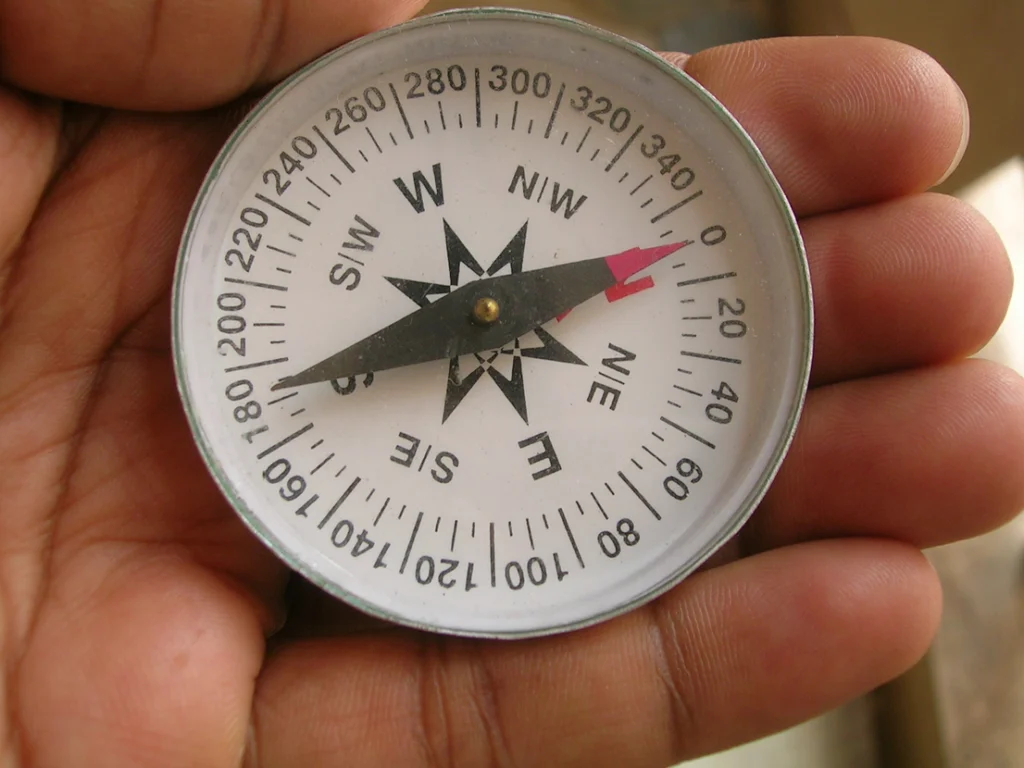
Nothing struck fear into the heart quite like realizing you were completely turned around in an unfamiliar neighborhood with darkness approaching. You’d pull over at a gas station and unfold a massive paper map, trying to figure out where you were while other customers waited impatiently behind you. Sometimes you’d have to swallow your pride and ask the attendant for directions, hoping they actually knew the area and weren’t just guessing.
The worst part was when someone gave you directions that sounded perfectly clear at the time but made no sense once you were back on the road. “Turn left at the big oak tree” was helpful until you realized there were seventeen big oak trees on that stretch of road. You’d drive in circles for what felt like hours, burning precious gas and testing the limits of your relationships with anyone unfortunate enough to be riding along.
3. Settling Arguments Without Wikipedia

Dinner table debates could rage for hours because there was simply no way to instantly verify who was right. Was it Cary Grant or Clark Gable who starred in that movie? Did the Beatles break up in 1969 or 1970? These questions would gnaw at you for days until you could get to a library or find someone who claimed to be an expert on the subject.
Sometimes you’d make bets with friends, knowing you might not find out who won for weeks or even months. The local librarian became your best friend, fielding questions about everything from sports statistics to movie trivia. Encyclopedia Britannica was the gold standard for settling disputes, but even then, someone would inevitably argue that the information was outdated or biased.
4. Shopping for the Best Price on Big Purchases

Buying a major appliance meant spending entire weekends driving from store to store, writing down prices and model numbers on scraps of paper. You’d create elaborate comparison charts at home, trying to remember which salesperson told you what about extended warranties and delivery fees. There was no easy way to check if that “special deal” was actually special or just regular pricing with fancy marketing.
Consumer Reports magazine was your bible, but the information was often months old by the time you read it. You’d clip coupons from newspapers and hope they hadn’t expired by the time you made your decision. The fear of buyer’s remorse was real because returning something meant dealing with individual store policies and potentially losing money on restocking fees.
5. Coordinating Plans with Multiple People
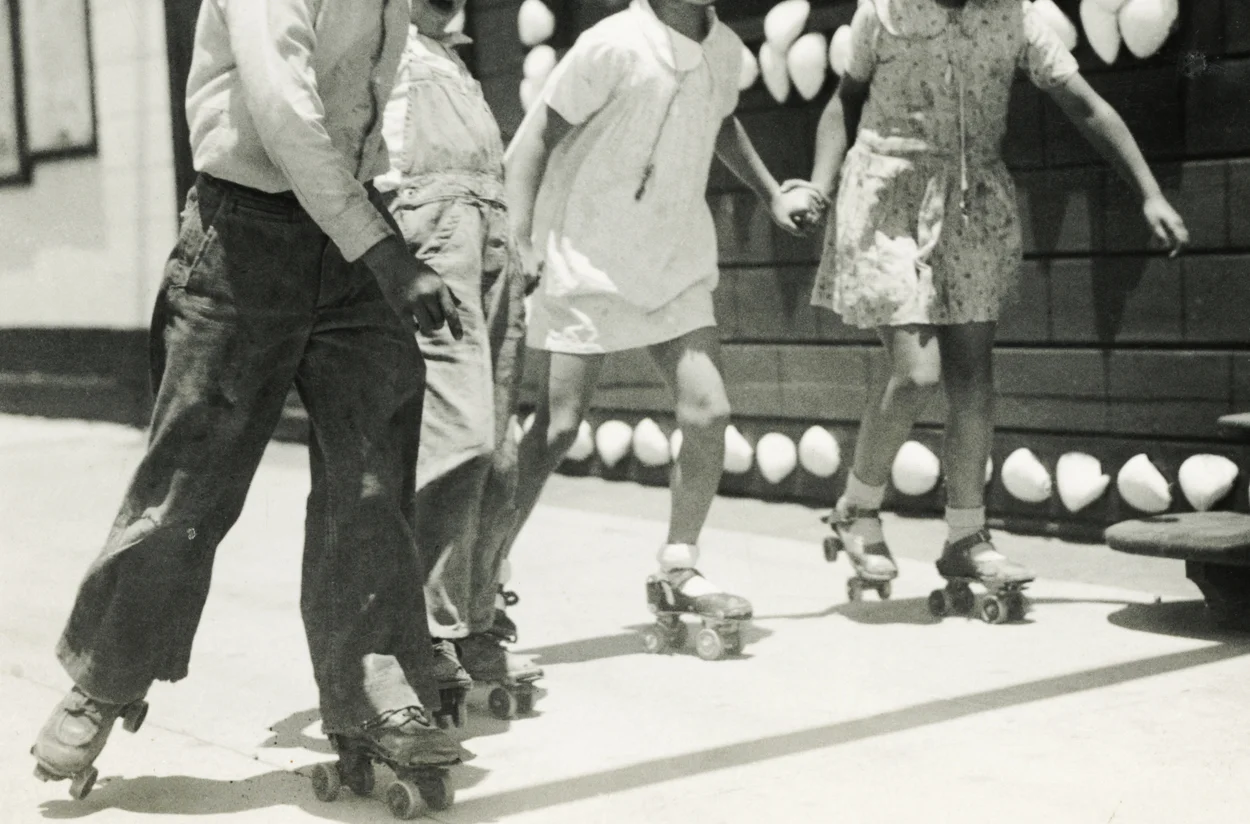
Organizing a group outing was like conducting a symphony orchestra with instruments scattered across the city. You’d spend hours on the phone, calling each person individually to propose a time and place, then calling them all back when someone couldn’t make it. By the time you reached the last person on your list, the first person had often forgotten what you’d discussed or changed their mind.
The phrase “I’ll call you later” actually meant something because there was no other way to stay in touch once plans were set. If someone was running late, there was no way to notify the group, so you’d all just wait and wonder if they were coming. Rain could completely derail outdoor plans because there was no quick way to communicate weather-related changes to everyone involved.
6. Finding a Specific Song When You Only Knew a Few Lyrics
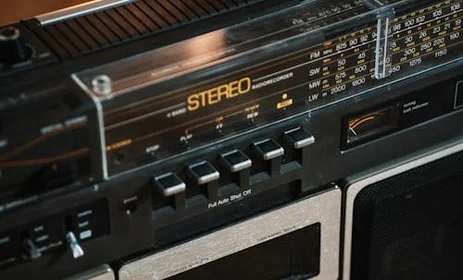
You’d hear a catchy tune on the radio and spend weeks humming those three words you could remember, driving family members crazy. The radio DJ rarely announced song titles immediately, so you’d have to sit through entire programs hoping they’d mention it during station identification. Sometimes you’d call the radio station directly, humming the melody to a patient DJ who had fielded dozens of similar calls that day.
Record store employees became musical detectives, trying to decipher your off-key humming and vague descriptions of “that song that goes da-da-da-dum.” You’d flip through album covers for hours, hoping to recognize the artist or spot a familiar song title. The victory of finally finding that elusive song felt like solving a major mystery, especially when you discovered it was by an artist you’d never heard of.
7. Getting Technical Support for Electronic Devices
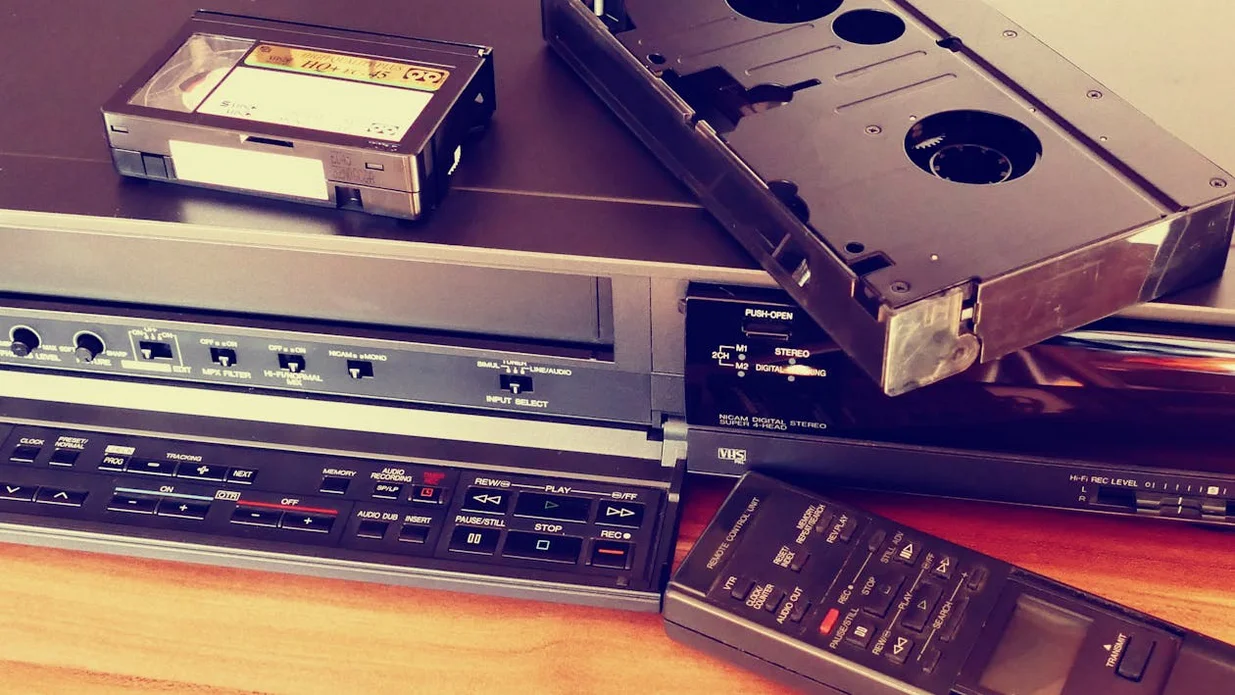
When your VCR started blinking “12:00” for the hundredth time, you couldn’t just Google the model number and find a PDF manual. You’d dig through drawers looking for that booklet you swore you kept in a safe place, only to find it was written in three languages, none of which seemed to be English. Phone support meant calling during business hours and hoping the company still existed and had representatives available.
The instruction manuals were often more confusing than the actual problem, filled with technical jargon and diagrams that looked like they were drawn by someone who had never seen the device in question. You’d end up calling that one tech-savvy friend who somehow understood electronics, hoping they weren’t busy and willing to talk you through the process over the phone. Sometimes the solution was as simple as unplugging it and plugging it back in, but figuring that out could take hours.
8. Finding Out What Movies Were Playing and What Time
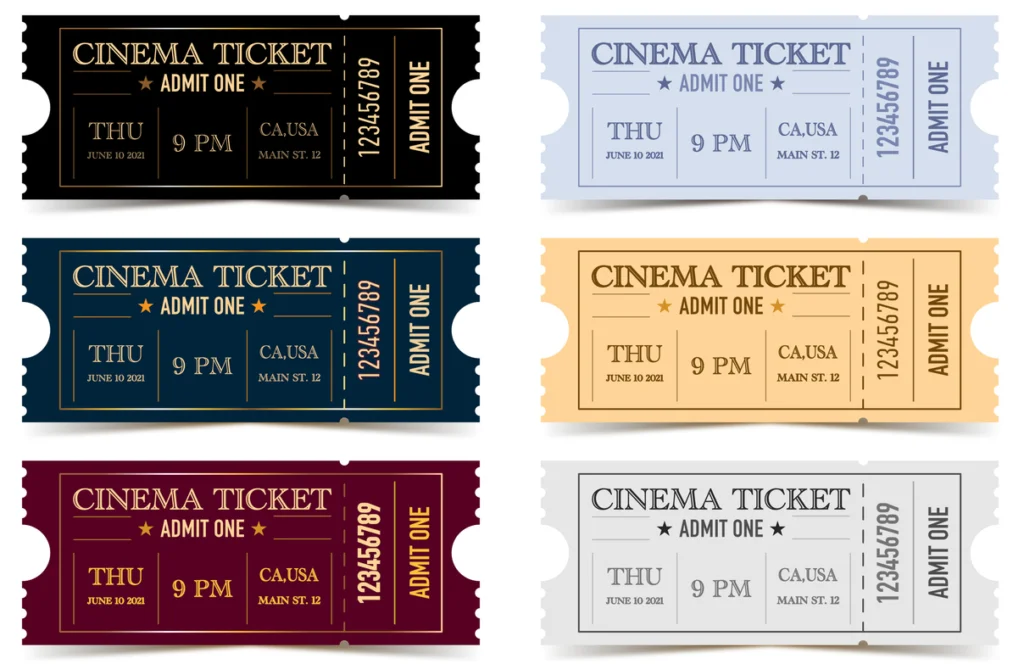
Planning a movie night required actual planning, starting with a phone call to the theater to listen to a recorded message listing all showtimes. You’d have to call back multiple times because there was no pause button, frantically scribbling down times while trying to remember which movies your group wanted to see. Newspaper listings were more reliable but only came out once a day, so you never knew if showtimes had changed or if a movie had sold out.
Arriving at the theater without knowing if tickets were available was a gamble that could ruin an entire evening. Long lines at the box office meant you might miss the showtime you wanted, and there was no way to check if the next showing was sold out too. The phrase “let’s just see what’s playing when we get there” was either adventurous or foolish, depending on how the night turned out.
9. Knowing if Your Friends Were Home Before Calling
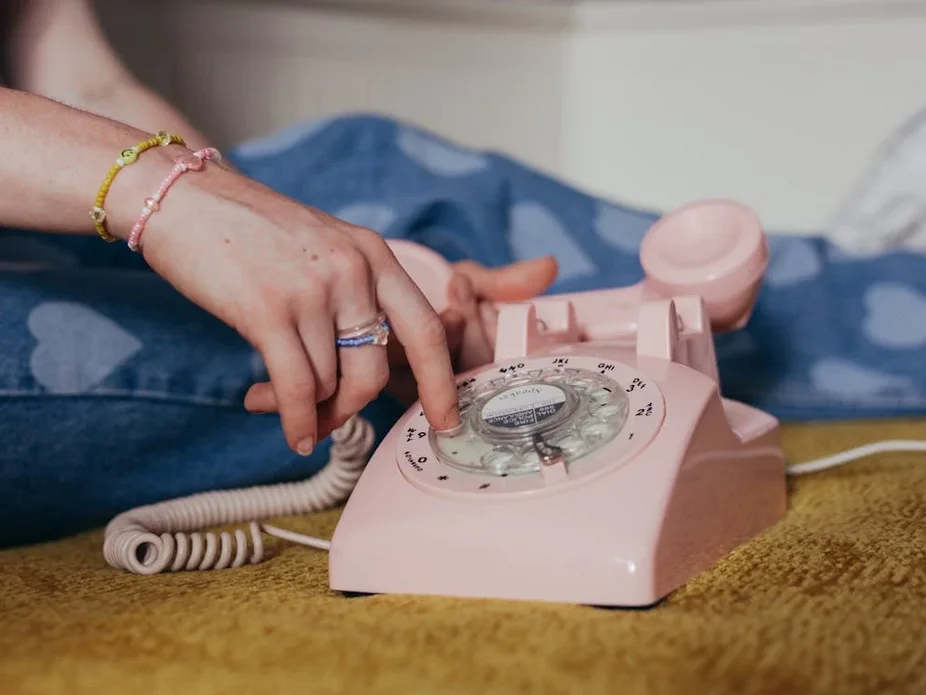
Making phone calls required strategy and timing because you never knew if you’d be interrupting dinner, family time, or catching someone at a bad moment. You’d try to remember each friend’s family schedule, avoiding calls during popular TV shows or typical meal times. The anxiety of calling someone and getting a busy signal meant their phone was in use, but you had no idea if they’d be free in five minutes or five hours.
There was an art to the follow-up call timing – too soon and you seemed desperate, too late and they might think you weren’t really interested in talking. Some families had teenage phone monopolies that made reaching anyone else nearly impossible during evening hours. The relief of hearing a friendly voice answer instead of an annoyed parent or sibling was always a small victory.
10. Remembering Important Information Without Smartphones
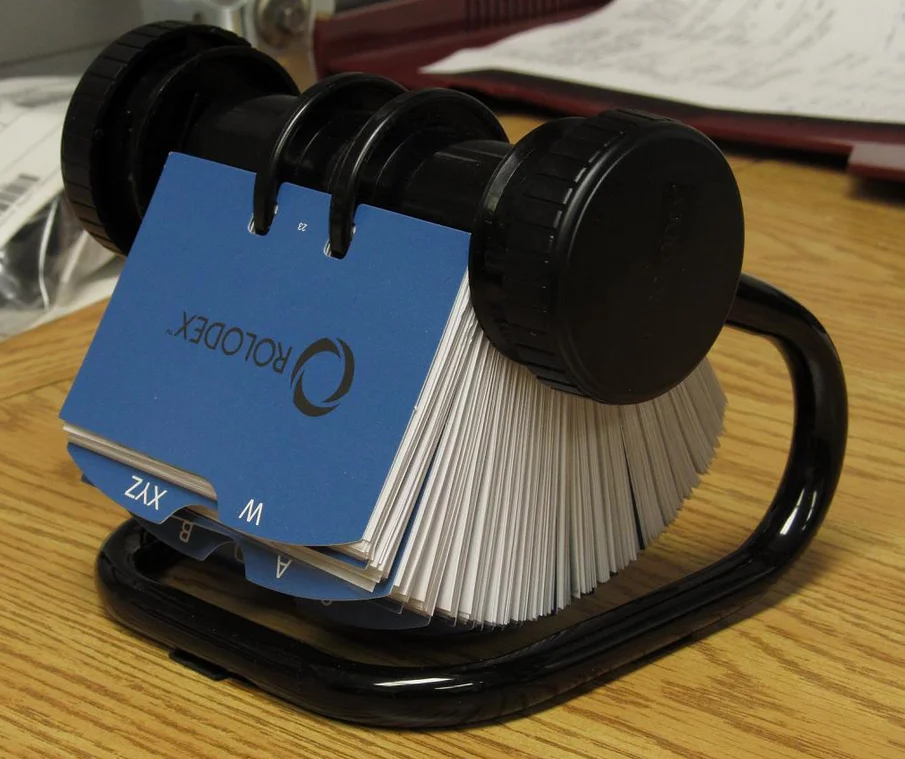
Your memory had to be sharp because there was no digital backup for phone numbers, addresses, or important dates. You’d write crucial information on scraps of paper that inevitably got lost in coat pockets or fell out of your wallet at the worst possible moment. Phone numbers were memorized through repetition, and losing your address book was a social disaster that could take months to recover from.
Important appointments were written on wall calendars or in small planners that you had to remember to check regularly. Missing a dentist appointment because you forgot to look at your calendar meant potentially waiting months for another opening. There was no snooze button for your memory, and no alerts to remind you that your friend’s birthday was tomorrow or that you needed to pick up dry cleaning before the store closed.
11. Resolving Disagreements About Recent Events

When friends remembered the same event differently, there was often no way to prove who was right without conducting a full investigation. You’d have to track down other people who were there, hoping their memories were clearer and they’d be willing to serve as witnesses. Newspaper archives existed but required a trip to the library and hours of searching through microfilm that made your eyes water.
The frustration of knowing you were right but being unable to prove it could last for years. Sometimes you’d stumble across evidence months later – a photo, a ticket stub, or a newspaper clipping – that vindicated your version of events. These small victories felt enormous because they validated not just your memory but your credibility in future disputes.
12. Finding Someone to Fix Things When You Didn’t Know What Was Broken
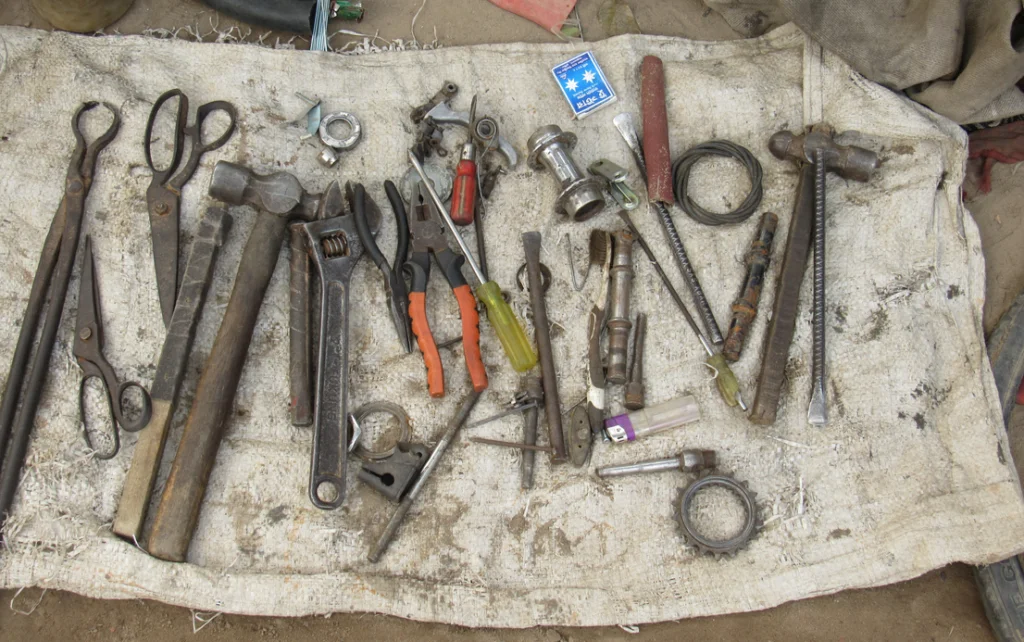
When something stopped working, your first challenge was figuring out what type of repair person you needed. The Yellow Pages became your best friend, but choosing between dozens of similar-sounding businesses was like throwing darts blindfolded. You’d make calls during business hours, describe your problem to receptionist after receptionist, and hope someone would agree to come take a look.
Getting estimates meant taking time off work to meet repair people who might or might not show up during their promised four-hour window. There were no online reviews to help you avoid the dishonest ones or find the gems who were both skilled and reasonably priced. You relied on word-of-mouth recommendations from neighbors and hoped that the person who fixed their similar problem two years ago was still in business and still competent.
Those simpler times taught us patience, resourcefulness, and the value of human connections in ways that our instant-everything world sometimes seems to have forgotten. We learned to plan ahead, to maintain relationships that might prove helpful later, and to accept that some problems just couldn’t be solved immediately. While we certainly don’t miss the frustration of being lost without GPS or the anxiety of missing important calls, there was something satisfying about solving problems through persistence, creativity, and good old-fashioned detective work.
This story Ordinary ’80s Problems You Had to Solve Without Google, Apps, or Even Patience was first published on Takes Me Back.


